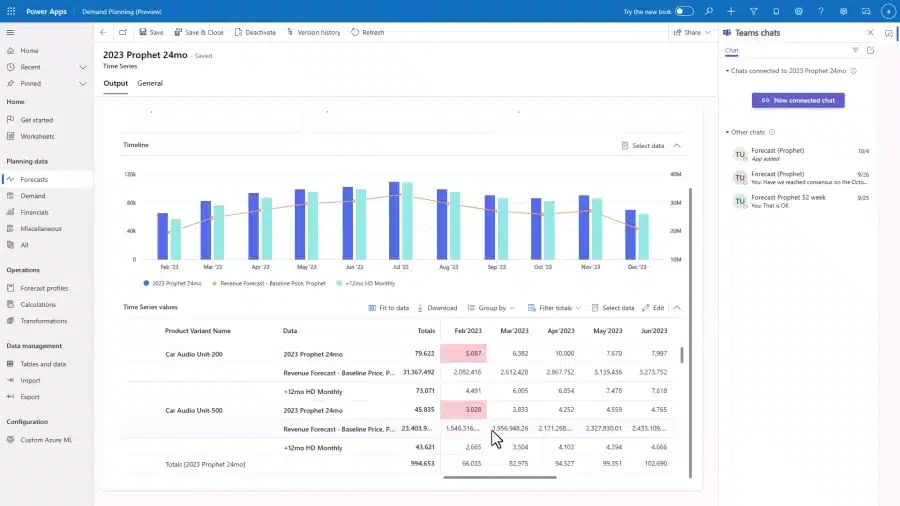Today’s supply chains are more global and interconnected than ever before, yet they also face heightened risks of disruption. Supply chain leaders are constantly challenged to enhance productivity, bolster resilience, and foster innovation amidst rising costs and labor pressures.
According to Forbes, supply chain digitalization and transparency are among the top concerns of business leaders in today’s unprecedented times. The 2023 State of Manufacturing Report indicates that 55 percent of businesses prioritize improving supply chain visibility, while 48 percent feel increased pressure to enhance sustainability. To meet these demands and keep pace with the changing trends shaping the future of supply chain management, businesses must take proactive steps to reduce costs, optimize their operations, and enhance customer satisfaction.
In this dynamic landscape, embracing new technologies and revamping business models is the way forward. Microsoft offers an ideal solution to address these challenges, empowering organizations to modernize their supply chain processes and drive efficiency and innovation.
Microsoft empowers its customers with its open, flexible, and collaborative platform, Microsoft Dynamics 365 Supply Chain Management, which prioritizes AI-first capabilities to mitigate risks, optimize inventory management, enhance agility in planning, and facilitate swift, informed decision-making across the entire supply chain.
The recent introduction of Copilot capabilities for Microsoft Dynamics 365 Supply Chain Management marks a significant milestone, revolutionizing every aspect of business processes alongside new demand planning functionalities.
Further readings: Make your supply chain sustainable with Dynamics 365 Supply Chain Management
In this blog, we will explore these innovative capabilities, discovering what’s new and how they can benefit your supply chain operations.













